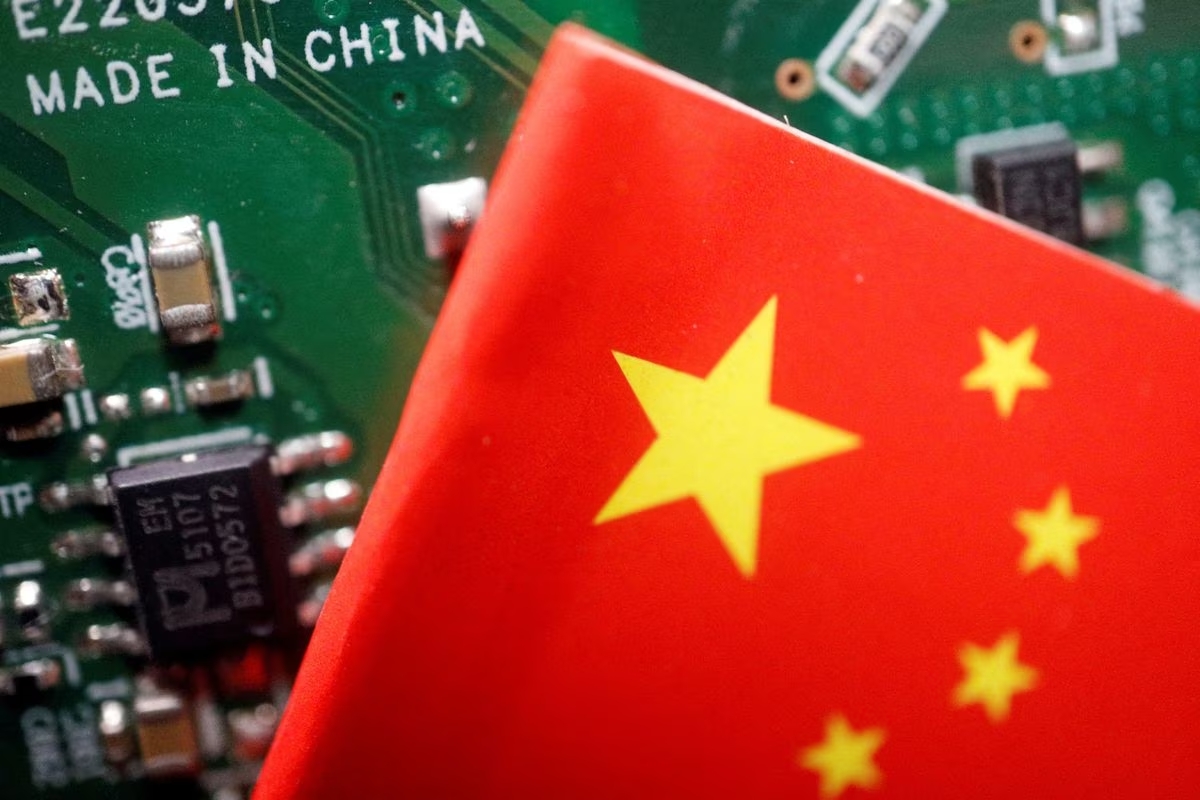China is preparing to launch a state-backed investment fund with the aim of raising approximately $40 bn to support its semiconductor industry, Reuters reported. This initiative is part of China's broader efforts to compete with the United States and other global rivals in the semiconductor sector. The fund, which is the largest among three established by the China Integrated Circuit Industry Investment Fund, commonly known as the Big Fund, reflects China's determination to bolster its domestic semiconductor capabilities.

Fundraising target and comparison
The new fund, overseen by the Big Fund, is set to raise 300 bn yuan, equivalent to $41 bn. This target surpasses the amounts raised by similar funds in 2014 and 2019, which amounted to 138.7 bn yuan (around $20 bn) and 200 bn yuan (over $27 bn), respectively, according to government reports.
One of the primary areas of investment for this fund will be in equipment for chip manufacturing, as indicated by sources familiar with the matter.
Importance of semiconductor self-sufficiency
The urgency for China to achieve self-sufficiency in semiconductors has been a key priority highlighted by President Xi Jinping. This imperative has intensified following a series of export control measures imposed by Washington over the last few years. The concerns cited by the U.S. government include fears that advanced chips could enhance China's military capabilities. The latest significant action was the imposition of sweeping sanctions in October, which restricted China's access to advanced chipmaking equipment. U.S. allies Japan and the Netherlands have also taken similar measures.
The new fund received approval from Chinese authorities in recent months. The Chinese finance ministry is planning to contribute 60 bn yuan (over $8 bn) to the fund, while other contributors have not been immediately disclosed. All sources involved in these discussions chose to remain anonymous due to the confidential nature of the negotiations.
Previous investments by the Big Fund
The Big Fund has previously provided financing to key players in China's semiconductor industry, including Semiconductor Manufacturing International Corporation (SMIC), Hua Hong Semiconductor, and Yangtze Memory Technologies. Despite these investments, China's chip industry has faced challenges in establishing a prominent position in the global supply chain, particularly in the realm of advanced chips.
Investment managers
The Big Fund is contemplating the appointment of at least two institutions to manage the capital of the new fund. Notably, SINO-IC Capital, the sole manager for the Big Fund's first two funds, has been under investigation by China's anti-graft authority since 2021. Despite this, SINO-IC Capital is expected to continue its role as one of the managers for the third fund.
Additionally, Chinese officials have reached out to China Aerospace Investment, the investment arm of state-owned China Aerospace Science and Technology Corporation, to discuss potential involvement as one of the fund managers.
Earlier Daryo reported that Uzbekistan's Investment, Industry, and Trade Minister, Laziz Kudratov, along with the Chinese Ambassador to Uzbekistan, Yu Jun, reviewed the status of agreements made during their state visit to China in May. Their primary focus was on strengthening bilateral trade, economic relations, investments, and technical collaboration.
Follow Daryo's official Instagram and Threads pages to keep up to date on world news.
Comments (0)